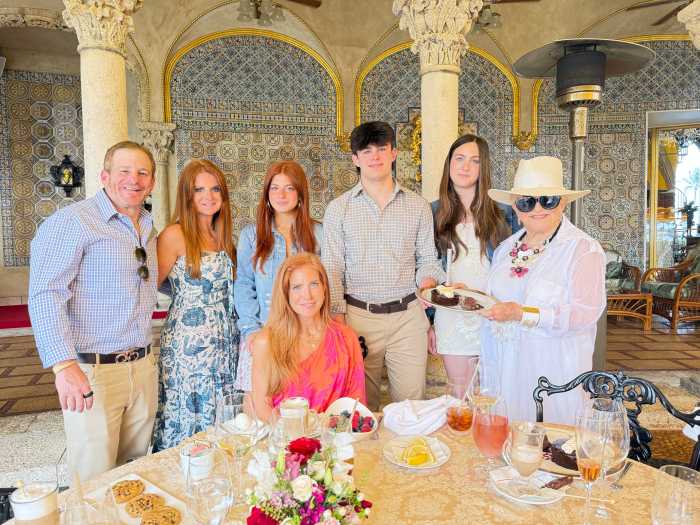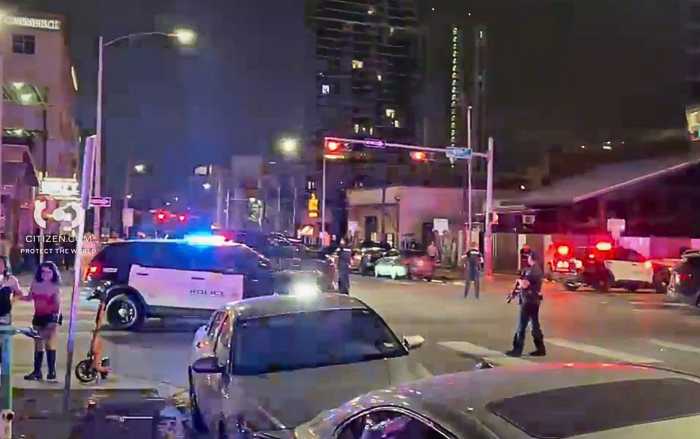By William Lewis
LaGuardia, during his third term in office, was working closely with the Roosevelt administration in Washington and hoped that he would be chosen as a vice presidential candidate to run with President Franklin Roosevelt in 1944. It did not happen; instead, LaGuardia would discover in 1945 that the city Republican Party would not support him for re-election to a fourth term as mayor. He would then retire.John Lindsay lost the Republican primary in 1969 when he sought re-election as mayor, although he would go on that year to win the election as an independent and Liberal Party candidate.Rudy Giuliani, less than a year after being elected mayor in 1993 as the Republican and Liberal Party candidate, endorsed Democratic Gov. Mario Cuomo over Republican George Pataki. At that time his standing was diminished in the Republican Party.Mayor Bloomberg, who had originally been a Democrat, became a registered Republican to run for Mayor. When he ran for re-election in 2005, the Queens County Republican Party would not support him. Although he would win re-election in 2005 as a Republican, he would later leave the Republican Party and become an independent.Now that our present mayor has given his State of the City address, the general public in New York City and beyond is waiting to find out if Bloomberg will enter the presidential race as an independent. We have been getting conflicting signals when on one hand he seems to be building a national campaign organization and preparing to compete in all 50 states, but when asked about his political plans he continues to say, “I am not a candidate.” Since a significant number of states require that independent candidates declare their candidacy early in order to obtain a position on their ballot, he will have to announce his plans soon.Looking at his possible presidential candidacy from the standpoint of how it will affect the city's government and its people, the question arises whether, if Bloomberg runs, he will resign as mayor so he can devote his full time to the campaign or turn the position of chief executive into a part-time job. He would probably be on the campaign trail most of the time, particularly as we get closer to Election Day. If he campaigns from April to November this year, that could mean Bloomberg would be continually absent from his duties as mayor for seven months, which in turn implies a less effective city government with policy decisions held up awaiting the mayor's input.In the case of John Lindsay, he ran for president in 1972 by running in the Democratic Party primaries. He withdrew as a candidate after losing several primaries. He did not resign as mayor during his brief campaign, during which he was periodically absent from City Hall. After withdrawing as a presidential candidate, he resumed his duties as a full-time mayor.However, Bloomberg would be running independent of political party affiliation and would stay in the race regardless of primary results, since he would not be running in the primaries. If Bloomberg resigns, the city charter provides for the public advocate to assume the position of acting mayor until an election is held to choose a new mayor. Therefore, the present public advocate, Betsy Gotbaum, would be designated acting mayor.Regarding the possibility of the office of mayor being vacated, the charter states the following: “If the vacancy shall occur before the 20th day of September in any year, such vacancy shall be filled in the general election held in that year, otherwise it shall be filled in the general election held in the following year.” This could mean that if Bloomberg resigns, we could have an election for Mayor this year to fill out the rest of his term. After that we would have the regularly scheduled election for mayor in the fall of 2009.Therefore, in the weeks ahead Mayor “I am not a candidate” Bloomberg will have some important decisions to make regarding his political future. These decisions could have a profound effect upon the present New York City government and how it governs.The presidential campaign this year, compared to recent presidential campaigns in both major parties, seems to have generated a lot of grass-roots participation and enthusiasm as well as controversy. There also seems to be more media attention focusing on the various candidates and their style of campaigning. Candidates for our nation's highest office are being put through what might be called a political trial by ordeal and the candidate who is finally victorious will have earned the title of president of the United States.

































